Hospitalist Program
Joint Pain or Arthritis? Signs to Watch For and What To Do Next
Approximately 53.2 million adults received an arthritis diagnosis from 2019 to 2021, making arthritis the leading cause of limited mobility, disability and chronic pain in the United States. Arthritis is a common condition that causes joint inflammation and debilitating joint pain. Although there is no cure for arthritis, early detection and treatment can help improve and reduce the risk of irreversible joint damage.
Recognizing Arthritis Symptoms
Symptoms vary from mild to severe and may come and go. It can also cause visible and permanent joint changes, such as knobby finger joints. Severe arthritis can make simple activities like walking and climbing stairs painful and grueling. Some of the most common arthritis symptoms are:
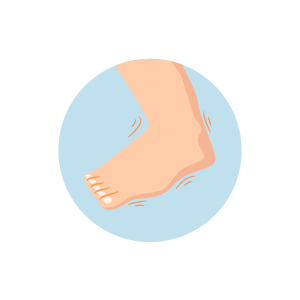 Swelling or Tenderness | 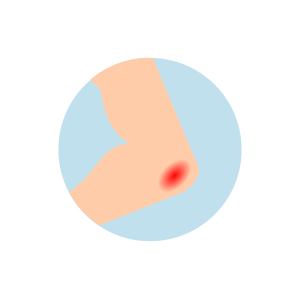 Warmth or Redness around the joints | 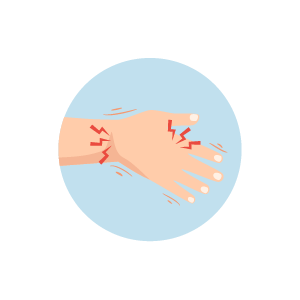 Joint Pain and Stiffness | 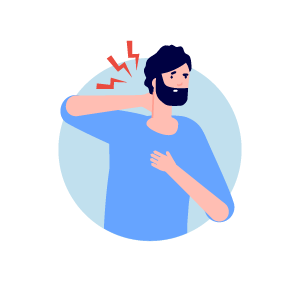 Decreased range of motion in the joint |
Other forms of arthritis can affect other organs, such as the eyes, heart, lungs, kidneys or skin.
Types of Arthritis and Their Specific Symptoms
There are more than 100 different types of arthritis. Some of the most common types include:
Osteoarthritis
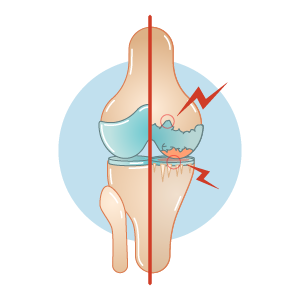
The most common type of arthritis damages the whole joint, mainly the cartilage and fluid that protects the joint in the knees, hips, hands, and spine over time.
Rheumatoid Arthritis
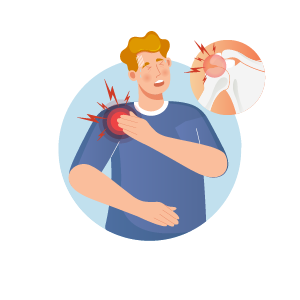
An autoimmune condition that attacks the lining of the joints, which can lead to permanent joint damage and worsening pain. Rheumatoid arthritis can also affect internal organs, including the liver, heart and eyes.
Psoriatic Arthritis
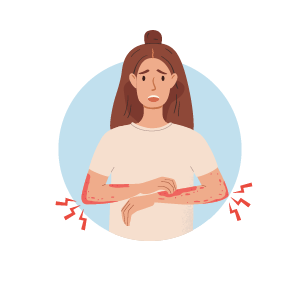
Similar to rheumatoid arthritis, psoriatic arthritis is an autoimmune inflammatory disease that attacks the skin and joints, causing skin rashes and pain, typically in people who have psoriasis.
Gout
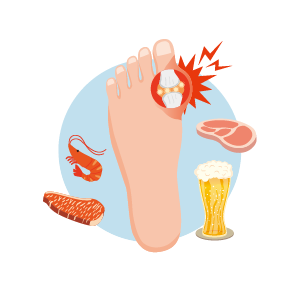
A form of inflammatory arthritis caused by excess uric acid in the blood, leading to painful crystal deposits in the joints. Gout attacks often occur suddenly, most commonly in the big toe, causing severe pain and swelling.
Lupus
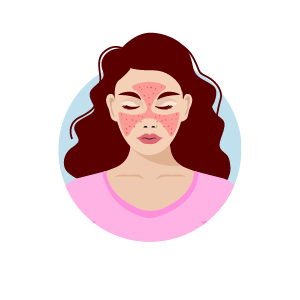
A chronic autoimmune disease that causes inflammation throughout the body, affecting the joints, skin, kidneys and other organs. Although lupus is not a type of arthritis itself, this condition can lead to joint pain, fatigue, rashes and sensitivity to light, with symptoms varying widely between individuals.
What To Do If You Suspect Arthritis
While there is no cure for arthritis, early diagnosis and treatment can help slow its progression and manage symptoms. The following steps can help preserve joint function and improve quality of life.
- Track Symptoms. Keep a record of joint stiffness, swelling, duration of discomfort and what provides relief. Note any additional symptoms such as fatigue, rash or fever. Seek immediate medical care if fever is present.

- Consult a Doctor. A primary care physician can evaluate symptoms and refer a specialist, such as a rheumatologist or orthopedist, for further assessment.

- Undergo Diagnostic Tests. Doctors may perform physical exams to assess joint movement, review medical history and order lab tests to determine the type and extent of arthritis.
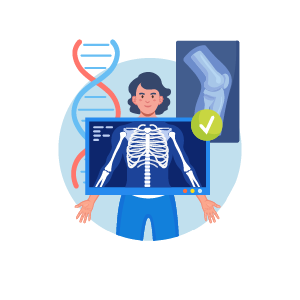
- Explore Treatment Options. Osteoarthritis treatment includes lifestyle changes, medications, and, in some cases, surgery. Rheumatoid arthritis treatment focuses on slowing disease progression and reducing inflammation through medication, physical therapy or surgery.
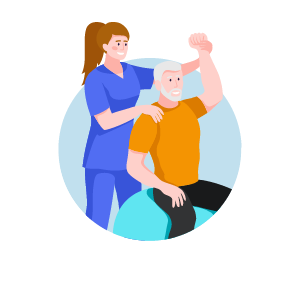
Conclusion
An accurate diagnosis is essential for starting proper treatment and effectively managing the condition. If you have arthritis symptoms, please do not wait too long for medical care. We’re here for you, always.
